ITEA 3 Call 6 projects
A Community in motion
20 projects, 19 countries and 2708 Person Years make up the sixth ITEA 3 Call.
Year after year, we see the interest of industry in our straightforward process for taking innovation
straight to the market – something that the positive figures for this year prove. Once again, SMEs play a
crucial role in the ITEA Community, with more than 1314 Person Years (PY) in total. The presence of large
industrials is also vital to ITEA’s ongoing success, having provided 710 PY as well as opportunities to
increase the impact of the SMEs in terms of global reach and scaling up for the market. The large companies
that manage the ITEA Programme, the ITEA Founding Companies (IFCs), also have reasons to be cheered: despite
having less than 267 PY between them, their management of the Programme is what allows ITEA to maintain its
unique approach to industry and business.
At ITEA, we are proud of our welcoming nature and the Community openness to fresh faces. 53.2% of Call 6 partners are new to ITEA and 20% of project leader companies have never before been in this position. In other words, ITEA is always in motion. Another key indicator is human capital: 70% of ITEA project leaders are performing this task for the first time, yet they consistently bring the international, high-tech and market-oriented skills that we need maintain a high profile and keep our industrial partners at the global forefront.
This year, we observed a very important focus on Smart engineering with 10 proposals which again cover simulation (for which ITEA has already been so successful) and new methodologies to cover different point of views for software and system engineering. With four projects, Smart health and safety & security are the two other topics on the podium. It is interesting to see that the Smart health projects are all dedicated to data monitoring - clearly the new frontier of today. Nevertheless, I bet that we will see some more traditional projects on devices (image as treatment) in the next years because we must continue to progress there and have already been so successful in this direction. Smart Industry and Smart mobility remain low, with only one project per domain. I also forecast that these will be back in the coming years, as these domains are very important for our future and the digital transition still requires a lot of work. We’ve observed a certain focus on Smart energy for the methodology of deployment or security, which was hidden behind other Challenges but deserves to appear as a domain itself. A last global remark is that AI is everywhere in ITEA: it is the required tool in all domains and the ITEA Community clearly masters it in a good way when we look at the maturity of the proposals. The global quality of the proposals was good, with a unique number of top-ranked proposals.
In the end two projects were cancelled after labelling due to lack of funding in (one of) the main countries.
ITEA 3 CALL 6 PROJECT OVERVIEW
| Challenge | Projects |
|---|---|
| Smart Engineering | AIDOS, AIToC, COMPAS, DEFAINE, e-INDEX, Muwo, Phoenix, UPSIM, VMAP analytics |
| Smart Health | D4Health, INNO4HEALTH, HARMONY, LifeStylePre |
| Safety & Security | ACASIA, EnGRC, Orchestrator, STACK |
| Smart Industry | MIRAI |
Hereafter you will find a short project description of each labelled project.

ACASIA - 19048
AI-supported Compositional Analysis
and Synthesis for Intelligent Embedded Applications
Project leader: Siemens
AG (Germany)
New services and solutions for future mobility and industry introduce a new level of
complexity for intelligent embedded software systems. ACASIA introduces a mix of AI-based
methods and classic methods to allow an optimal compositional verification approach for
verification support for critical, parallel embedded software in the area of AI containing
software systems. It allows individual software components to be analysed separately and
then uses these results to construct an overall system that is verified, safe and secure.

AIDOS – 19030
Systematic Development of AI-based Industrial Domain Solutions
Project
leader: Demag Cranes & Components GmbH (Germany)
The AIDOS project aims to
enable personnel with fewer skills in the application of data analytics, machine learning
and similar AI techniques – as well as personnel with deep knowledge – to find the right
technology for dedicated, domain-specific tasks that could take advantage of AI
technologies. Besides guiding them to the right solutions, the AIDOS AI Knowledge Portal
will direct the problem owner to high-rated companies and researchers in order to solve the
problem described.
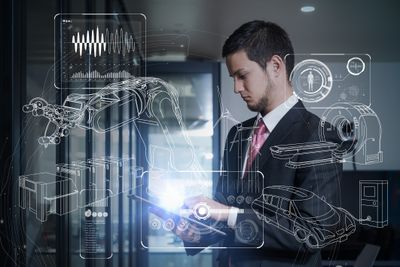
AIToC – 19027
Artificial Intelligence supported Tool Chain in Manufacturing
Engineering
Project
leader: Volvo Group Trucks Operations (Sweden)
The goal of AITOC is to develop an integrated
toolchain for manufacturing engineering
that supports decision-making in early
phases. To achieve this, the toolchain will
support the formalisation and automated
analysis of requirements, the computer-aided
generation of process plans, simulation
models and instructions and the software-supported
generation of layouts. In all of
these dimensions, Artificial Intelligence will
be utilised in expert systems and simulations
based on data from existing solutions.
The interoperability of engineering tools is
also in focus and will be developed using
standardised neutral data formats.

COMPAS – 19037
Compact modelling of high-tech systems for health management and optimization along the
supply chain
Project leader: NXP Semiconductors
(Netherlands)
High-tech systems integrate numerous
highly complex components. Simulations are
necessary at various stages of their design
process to ensure mechanical robustness
and reliability. COMPAS aims to develop
novel, compact models and ultra-compact
digital twins. The compact models capture
nonlinear, transient and coupled (i.e. multiphysics)
situations. The digital twins can
self-sufficiently cast decisions (ultimately in
real time) for prognostic health management.
COMPAS will develop them using the example
of the thermo-mechanical reliability of hightech
systems, such as motor control units for
automated factories, smart infrastructures
(streetlights, power grids) or autonomous
vehicles.

D4Health – 19041
Data-driven decision-making for distributed healthcare
Project
leader: TNO (Netherlands)
The D4Health project will tackle situations in which
decision-makers are confronted with complex strategic decisions in the healthcare
infrastructure domain. The project aims to gather and bring together datasets that represent
the underlying mechanics (demographics, epidemiology, healthcare productivity figures, real
estate capacity, ...) and
make them interoperable as linked data. Using this data and knowledge rules that are
elicited from domain experts, a dashboard can be created that enables decision-makers at
various levels to study scenarios.

DEFAINE – 19009
Design Exploration Framework based on AI for froNt-loaded Engineering
Project
leader: ParaPy BV (Netherlands)
European players are being forced to explore
new product development approaches that
can drastically reduce lead times. DEFAINE
will deliver a Design Exploration Framework
to reduce recurring costs in the design of
aircraft and wind energy systems and the
lead times for design updates. The framework
will enable the effective exploitation of the
front-loaded product development approach
in combination with Artificial Intelligence.
Front-loading can significantly reduce the
inefficiencies of the current engineering
approach by enabling large-scale design
exploration at the beginning or even before
the start of a project.
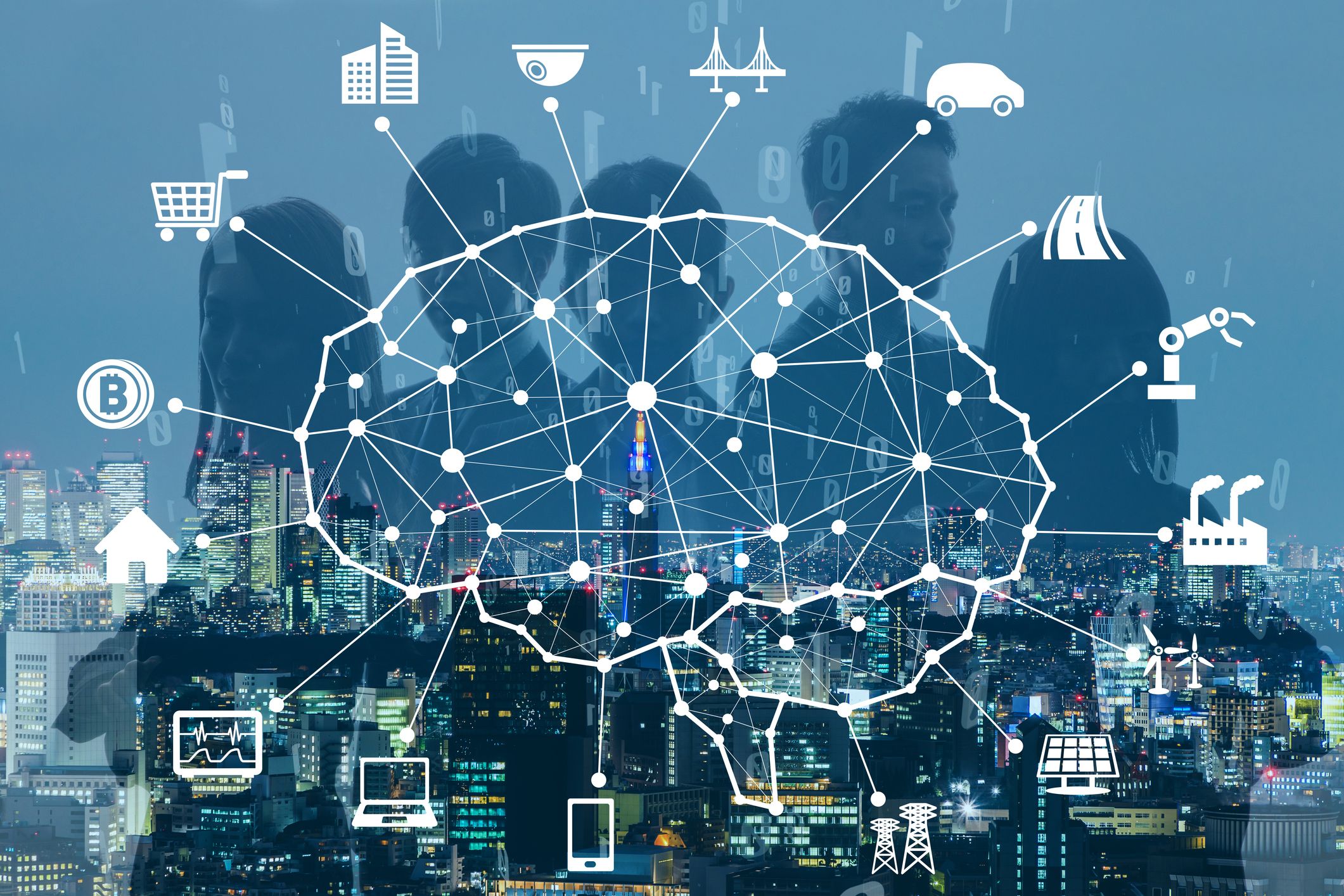
e-INDEX - 19020
Electricity Intelligent Demand-Side- and Energy-Management Exchange
Project
leader: RISE Research Institutes of Sweden (Sweden)
Demand-Side Management (DSM) enables the adjustment of loads in the grid to ensure a
balanced operation while simultaneously optimising the utilisation of resources in
the electrical power system. Today’s DSM systems are limited to local energy grids and the
load-balancing solutions within the local grid itself. A larger roll-out of the same idea
can be achieved by utilising mathematical planning and machine learning methods.
e-INDEX proposes a more holistic level of data integration and decision-making spanning a
large-scale, inter-regional connection.

EnGRC – 19044
Development of Cyber Security Maturity Model and GRC Platform for Energy Sector
Project
leader: Karya Bilişim Ltd. şti (Turkey)
Cybersecurity in the energy sector is a
big challenge for countries and organisations. The goal of the EnGRC project is to (1)
define a relevant cybersecurity maturity framework, (2) develop a Governance, Risk and
Compliance (GRC) platform to apply the defined framework with the contribution of all
stakeholders and (3) process IT and OT data from stakeholders and provide cybersecurity
benchmark information to energy sector authorities on a utilisable business intelligence
platform.

HARMONY – 19019
Harmonizing IT-eco-systems providing a seamless workflow while integrating multi-vendor
applications
Project leader: Philips (Netherlands)
HARMONY
will
create a harmonised
IT ecosystem, providing healthcare professionals with real-time, comprehensive insights into
patients’ statuses while integrating all relevant information for diagnosis, treatment
selection and follow-up. The project’s main innovation is the ability to compose
disease-centric workflows through the vendor-agnostic, seamless integration and
interoperability of all relevant applications along the care path. This can be considered a
revolution as the care professional (e.g. doctor) can use a single, easy-to-use IT system
when performing his/her work.
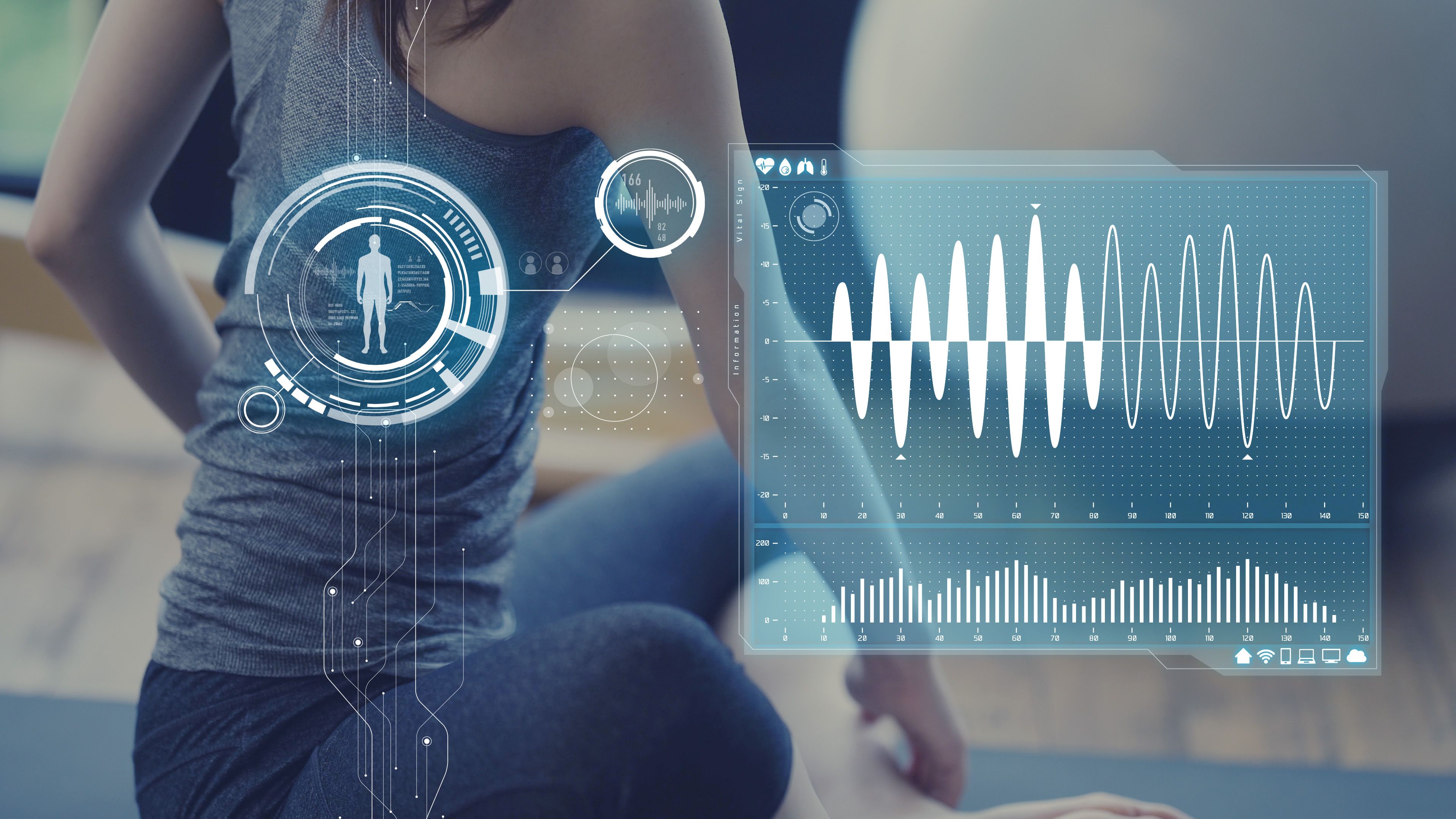
INNO4HEALTH – 19008
Stimulate continuous monitoring in personal and physical health
Project
leader: Philips Electronics Nederland BV (Netherlands)
Incorporating Remote
Patient Monitoring (RPM) in chronic disease management can significantly improve an
individual's quality of
life. INNO4HEALTH aims to stimulate innovation in continuous health and fitness monitoring
in order to inform patients and their physician on their readiness regarding surgery and the
ability to recover rapidly from invasive treatment. In sports, the same technology will be
used to continuously assess fitness and health in order to provide information to athletes
and their coaches and to help them optimise their performance during competitions.
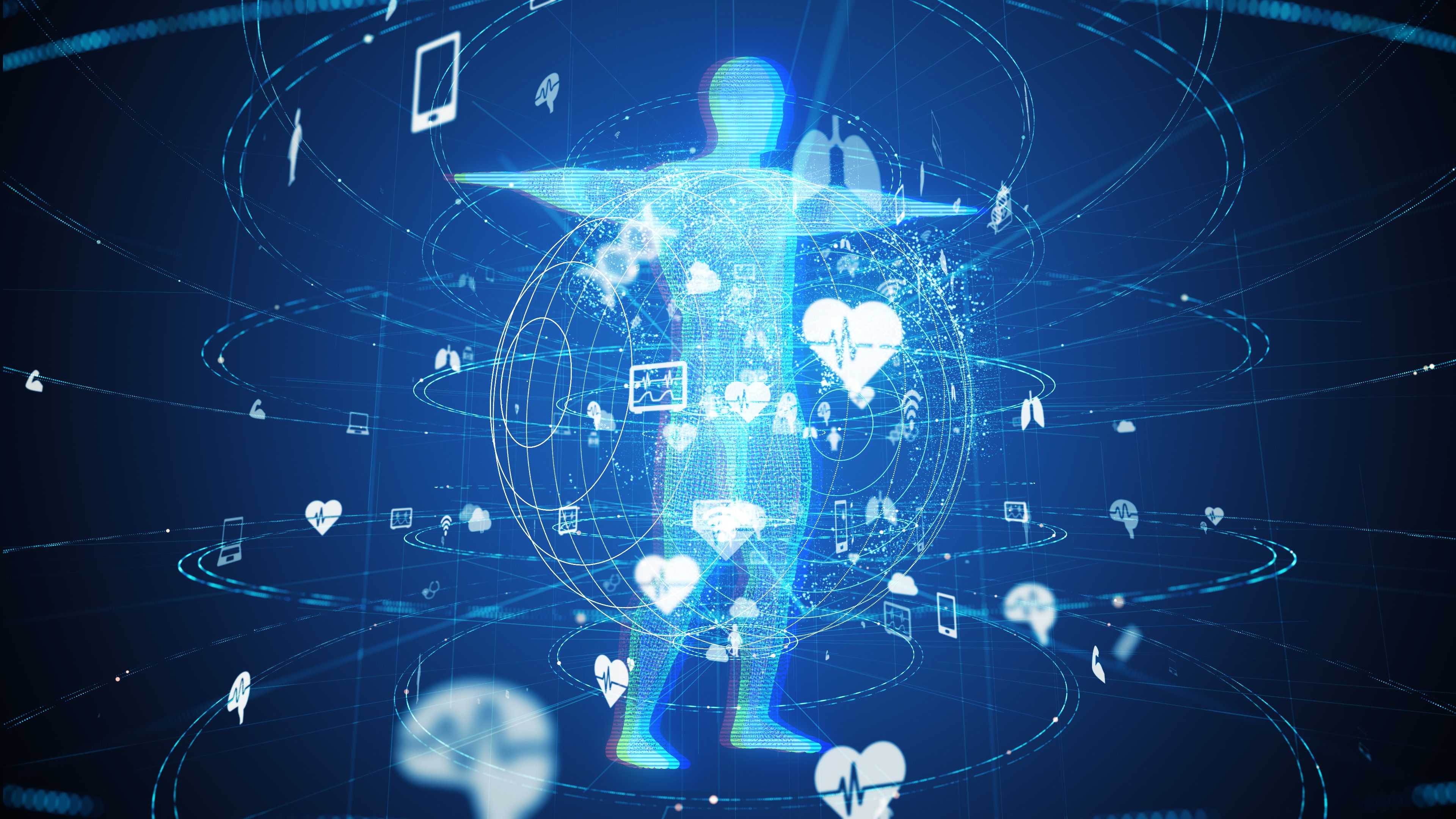
LifeStylePre – 19023
AI-Enabled Solutions for LifeStyle and Health Interventions
Project
leader: University of Oulu (Finland)
The WHO reports that non-communicable
diseases (e.g. cardiovascular diseases, cancer, chronic respiratory diseases and diabetes)
cause 71% of all deaths globally. Up to 40% of NCD deaths could be prevented, so there is a
clear need for individual-centric, technology-based and evidence-based approaches to early
detection and structured care. LifeStylePre combines insights from preventive health
settings and clinical research. The resulting solutions will be designed to enable
personalised lifestyle advice and compliance monitoring for at-risk subjects with the aim of
preventing or delaying the onset of irreversible disease burdens.

MIRAI – 19034
Machine Intelligence for smart/sustainable planning/operation of IoT/ Edge computing
applications
Project leaders: NOS Inovação (Portugal)
The
standard approach of IoT applications when leveraging cloud infrastructure to address
constraints at the level of end and edge nodes is no longer viable, especially for
applications with hard real-time requirements and increasing AI usage. This project will
develop MIRAI Framework Building Blocks
(MFBB) based on AI techniques in order to enable the smart and sustainable planning and
operation of IoT and edge computing applications. This will supplement the traditional
vertical scaling approach to the cloud with the horizontal scaling of IoT and edge computing
applications amongst edge devices.
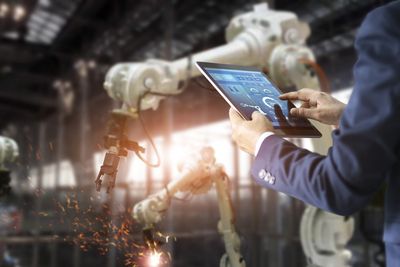
Muwo – 19022
Multi-method workspace for highly scalable production lines
Project
leader: Ruhr-Universität Bochum (Germany)
Muwo aims to create an opportunity to
use production systems more effectively through flexible scaling. Scalability is achieved
by the development of smart hardware interfaces. This will allow workstations to advance to
multi-method workstations that support both manual and automated processes. Additionally,
workstations can combine
different processes. A transmutable simulation validates the workstation configuration and a
process combiner optimises the production configuration using AI/ML methods. Through this,
Muwo improves the design and operation of production systems.

Orchestrator – 19039
Artificial Intelligence Based Network Operation Center Orchestration
Project
leader: Cekino Savunma Elektronik ve Bilisim A.S. (Turkey)
Orchestrator aims to
develop an AI- and ML-supported network monitoring, management and cybersecurity platform.
The main focus is on the monitoring and management of highly dynamic, large-scale hybrid
networks, as well as ensuring the cybersecurity of such networks by employing AI- and
ML-based solutions for acting against emergent attacks at machine speed. The Orchestrator
platform will revolutionise the experience for security analysts by providing proactive
capabilities via automated remediation actions against cyberattacks based either on Robotic
Response or Cognitive Response.

Phoenix - 19024
Continuous Evolution for Future-Ready Software Systems
Project leader:
ERSTE Software Limited
(Turkey)
The current speed of change and the advent of completely new challenges
like AI impose difficulties for organisations everywhere
in keeping up. At the same time, most of the effort is actually required to restructure
existing systems as a basis for the future. Phoenix is going to change this by providing
novel capabilities to support the evolution of software in unprecedented ways, enabled by
current advances in AI in particular. Phoenix will support system understanding and
analysis, situation assessment and decision-making and the (semi-)automated transformation
of the system to support enhancement.

STACK – 19045
Smart, Attack-Resistant Internet of Things Networks
Project leader: RISE
(Sweden)
The goal of STACK is to let IoT networks maintain their functionality
in both benign environments and more challenging situations, such as when IoT networks
are under attack or exposed to harsh radio environments and cross-technology interference.
Solving these challenges
will enable a new class of IoT applications that provide a certain Quality of Service
(QoS), even when under attack. Our major innovations towards this goal include
more robust IoT communication, attack detection and mitigation by performance and
interference monitoring and smart algorithms that leverage a tight integration of IoT
devices with a smart edge.

UPSIM – 19006
Unleash Potentials in Simulation
Project leader:Virtual Vehicle Research
GmbH (Germany)
Nowadays, simulation is used for design space exploration,
virtual testing or predictive maintenance for supporting early stage product decisions. Most
importantly, real testing is ultimately used to assure product quality and certification.
The aim of UPSIM is to enable companies to safely collaborate on simulations in a
repeatable, reliable and robust manner and to implement simulations in a Credible Digital
Twin setting as a strategic capability in order for them to become an important factor in
quality, cost, time-to-market and overall competitiveness.
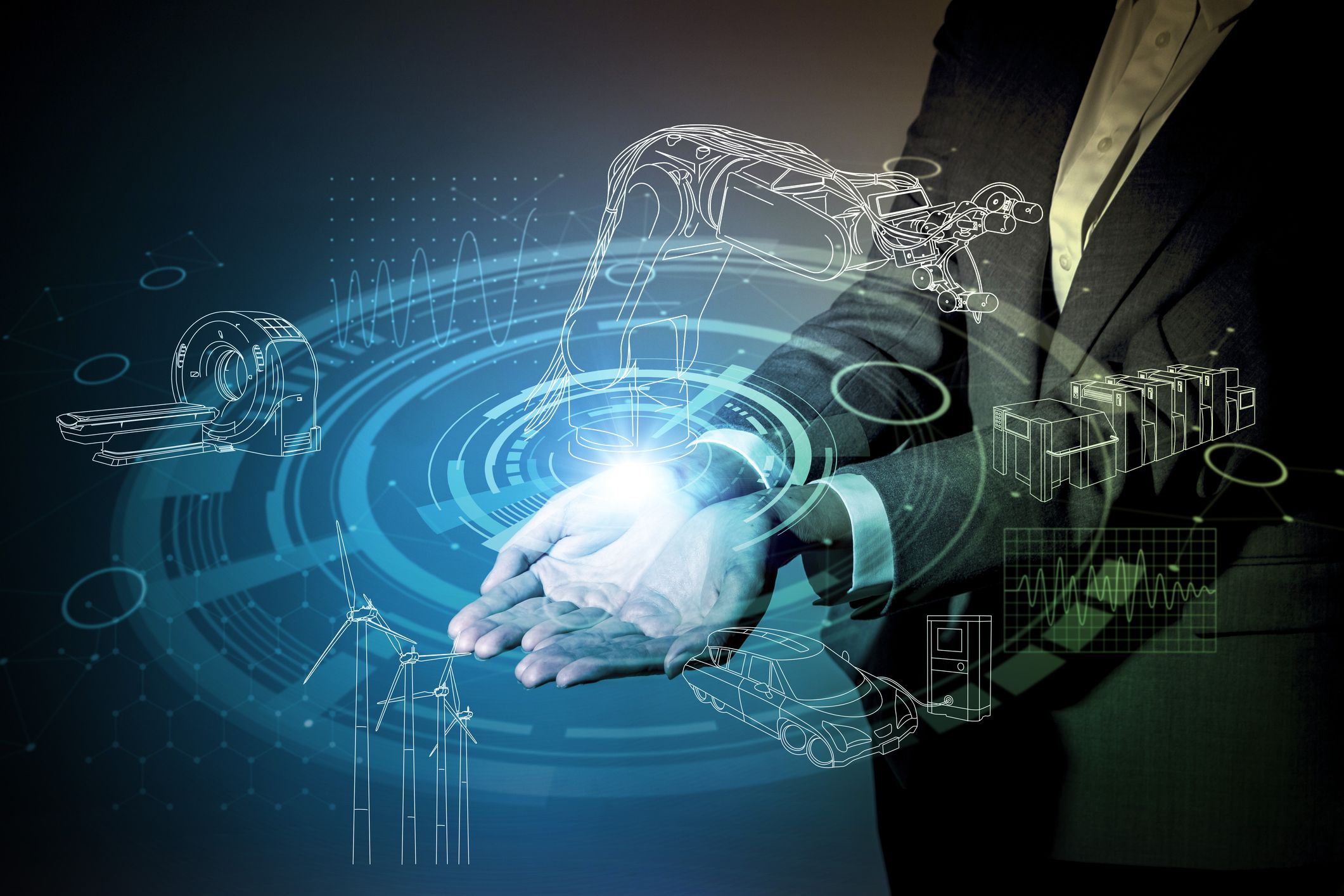
VMAP analytics – 19007
Smart Analytics for Multi-Scale Material
and Manufacturing Modelling
Project leader: Fraunhofer SCAI
(Germany)
Many companies have already introduced digital twins. However, if
producers of advanced materials and complex parts need a more detailed look into the ongoing
manufacturing processes and changing material properties, they will not find solutions
today. The vision of VMAP analytics is to enable the realisation of smart Digital Twins for
materials and manufacturing design tasks. The VMAP interface standard will open the initial
VMAP standard for multi-scale models, sensor and measurement data and information from
production machines. VMAP analytics will provide an open ontology for engineering processes
in materials and manufacturing design.
Other chapters
Use the arrows to view more chapters

Editorial
By Philippe Letellier

Country Focus: Finland
Leapfrogging into the future
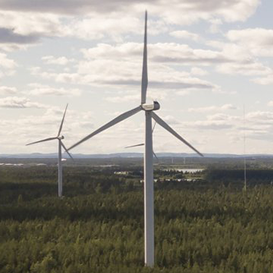
Empower IM Oy
Empowering the digital energy economy
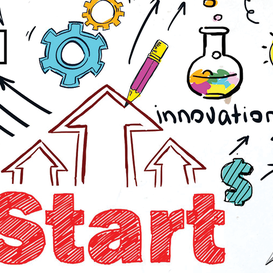
Online ITEA Project Outline Preparation Days 2020
We look forward to connecting (with) you!

ITEA Success story: SCALARE
Systematic guidance to decision makers for scaling scenarios

Community Talk with Robyn Woods
and a panacea for care
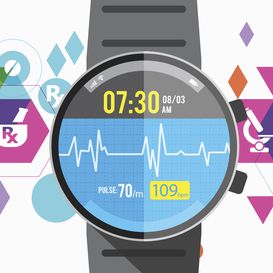
End user happiness: eWatch
Extensive health monitoring platform
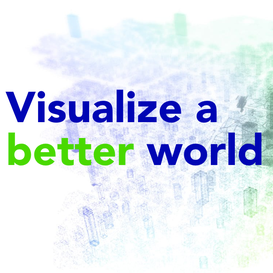
SME in the spotlight: Cyclomedia
Where seeing is believing

ITEA Success story: M2MGrids
From vertical M2M silos towards smart interoperable Cyber-Physical Systems

Practise what you preach
The story of a Cluster’s quality system

Collaborative, automated and trusted
Future methodologies for effective cybersecurity

Introducing the ITEA 3 Call 6 projects
A Community in motion


